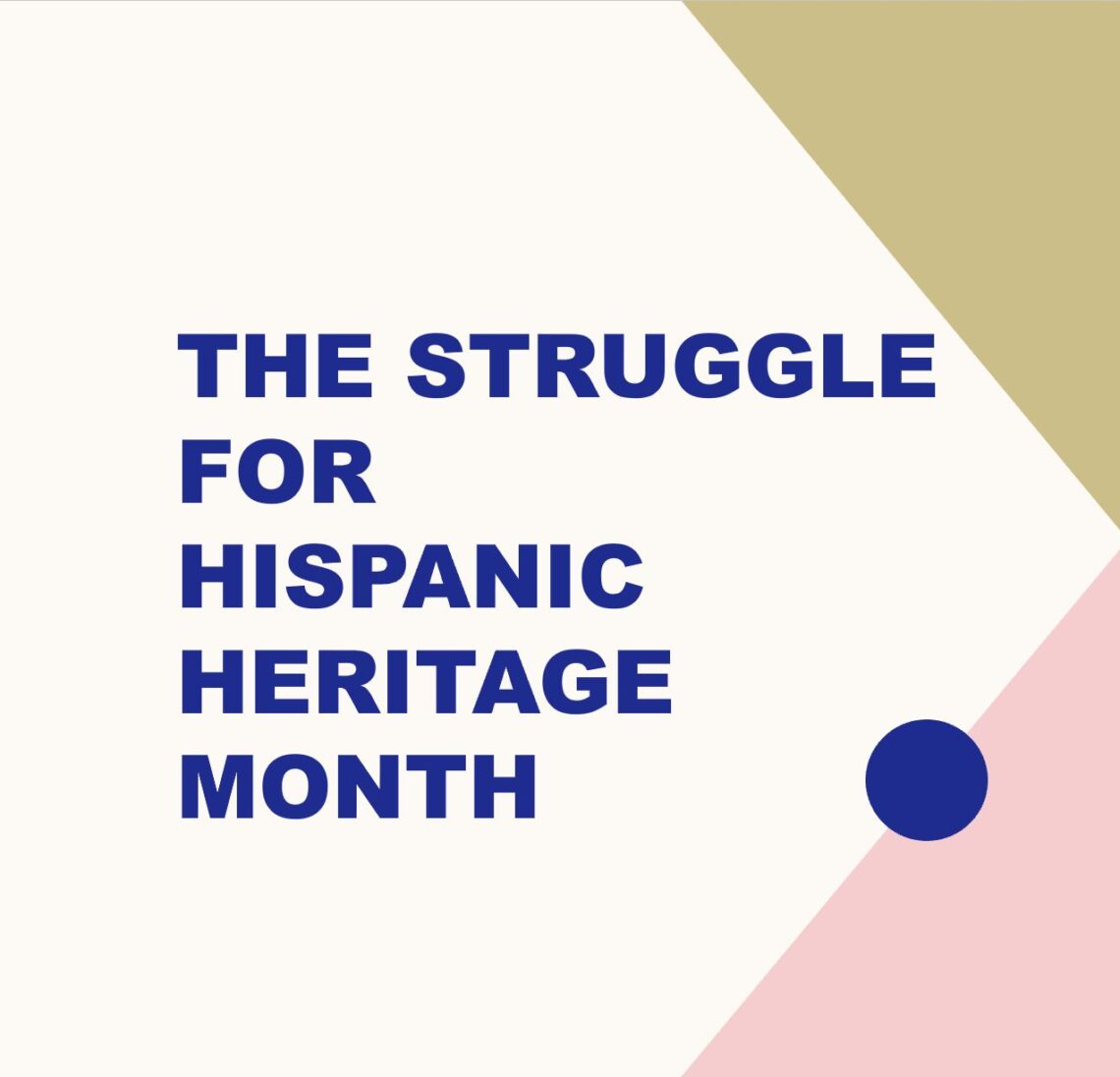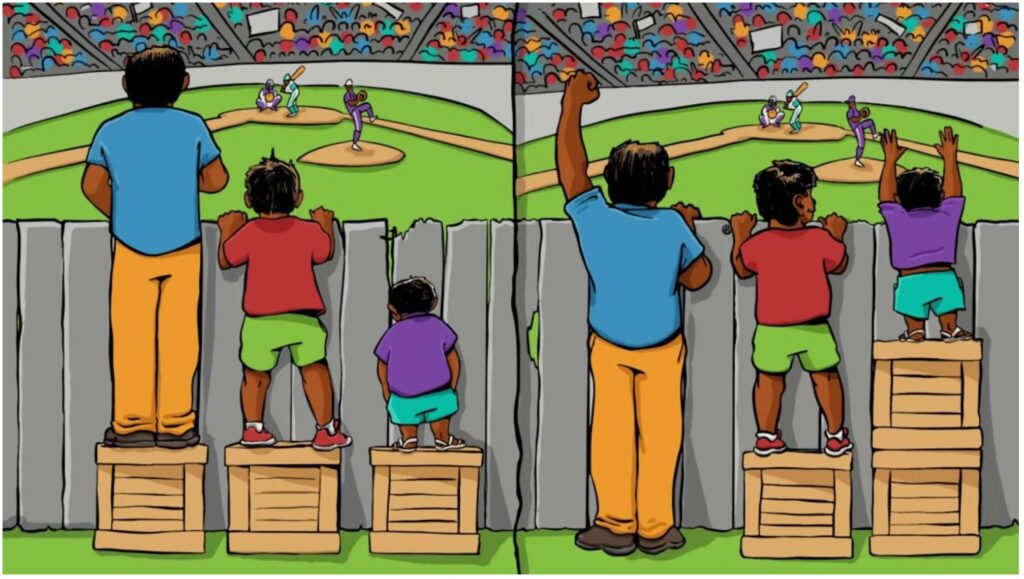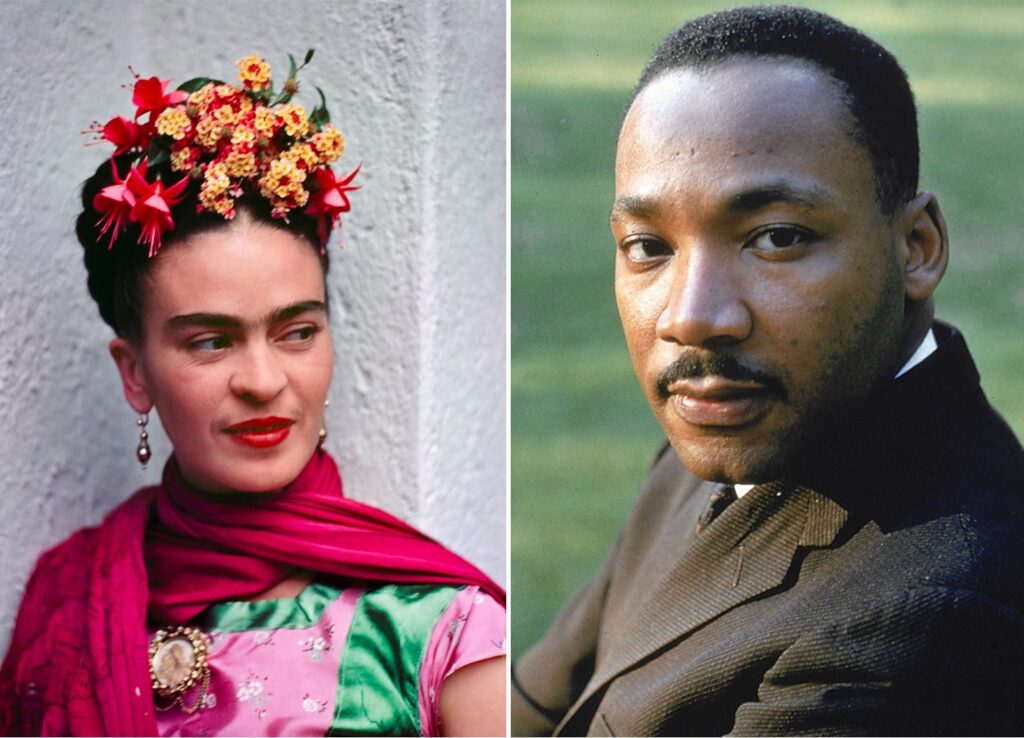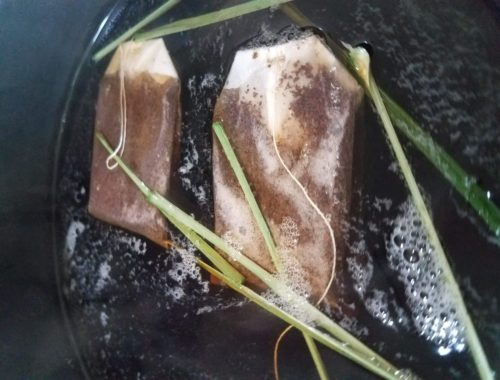
The Struggle for Hispanic Heritage Month
One way we fail ourselves and others.
The heritage month of my people is upon us once again and I am remembering the post I made several years ago. I highlighted thoughts and concerns I had about how education addresses the celebration and teaching during these months.
It’s been interesting observing the increased popularity “diversity & inclusion” messaging has had these past few years. The D&I movement has space in education, corporations, and even small businesses, all prominently displaying their statements, declaring how much they value it in their respective establishments and work culture.
While controversies and consumers have essentially forced companies to take a stand (lest they be seen as complicit in the injustices we’ve seen bombard our media streams), we all still have a ways to go.
Getting on a soap box about what major and pivotal shifts the world and our society needs is easy. Grand gestures or virtue signaling an all white cis-male boards of directors as an obvious sign their D&I statements were only that, there’s plenty of that already. And if you want a deep dive into the voices of the people who have often been left out or intentionally written out of our history, hop on tik-tok for a little bit and refine your algorithm. Today, I want to tackle a slightly different and even smaller angle, but one but with great impact. A slice of the pie called, “nice racism.”
I struggled for years trying to put a name to what I was observing all around my last place of work. People with the best intentions missing the mark when it came to sensitive topics then using those best intentions as a shield to avoid the conflict that would ensue when those intentions manifest. While I could spend more time than I have listing out a slew of micro-aggressions, I want to focus on an aspect of nice racism correlated directly with heritage months:
Equality vs. Equity

September first was looming and I was sitting with a spreadsheet open attempting to map out “new and fun” ways in which my school could celebrate Hispanic Heritage month. I understand a speaker isn’t the most enticing thing for a middle schooler, and my suggestion to help revamp some history curriculum in my area of expertise was uncomfortably declined. I was left with no other recourse than to see how I could spruce up an often overlooked cultural display.
The idea to root that year’s observance in the student body, to give it a personal touch, came from several reasons. I saw difficulties in the classroom every year guiding students to understand the unique nature of Latin American heritage and why we can and often do look like every other nationality on the planet. Such is the nature of our history.

Y hacia todas partes voy”
José Martí
The second reason came from unintentional hierarchy, remnants of racial stratification the students shared but didn’t understand. Emphasizing the inclusion aspect of the heritage month would help alleviate the competition that hindered camaraderie. Our students had varied levels of connection to their cultural roots outside of their American identities, and it was worth exploring beyond personal choice why that may be and, more importantly, that it’s okay.
You’re not any more or less Latino because you do or don’t XYZ. Again, represent not only the various faces of Latino culture but that nuance of our heritage. The students in my class loved the idea and being able to say, “Regardless of our appearance, knowledge, or the abilities others think we should have, we are all connected.” It resonated with them.
We could have a short spot on morning announcements. Willing students would share 1-2 sentences about their connection to their heritage that could encourage conversations in their Spanish classes and lead teachers to facilitate lessons on Hispanic culture. Simple. Brilliant. Inclusive. Denied? Denied.
Our suggestions were denied. The reasoning? It “wouldn’t be fair to the other heritage month” (singular) because they wouldn’t be able to do the same. So much to unpack here, but let’s stay focused. You’re telling me the current focus group cannot share their unique history, or rather, must present their unique history in such a way that can be replicated by other groups? Do we understand the term unique? Do we understand that fair does not mean equal? Apparently not.
This is why we eat nachos and enchiladas for two weeks and ignore the poster of the eyebrow lady staring at us from that one hallway. In four months MLK will take her place as students read inspiring messaging without any sort of emotional investment or access to painful and troubling truths. Going about their lives making insensitive jokes because if these moments aren’t treated with respect then why should they offer respect either? (*Reminder that middle schoolers and frontal lobes are an ongoing issue anyway).

The truth is regardless of the display, a solitary month (or two half months, very confusing) once a year is not enough time for the level of depth required for a proper education.
So many people rely on these history and heritage months as their singular opportunity to introduce or tie in the people left out of the history books, and find themselves scrambling for authenticity and relevance instead of fighting the real issue, which is that heritage months should be reserved for celebration and reverence, not an all-up educational moment. Our curriculums should already reflect the multiculturalism of our history instead of the incomplete single story idealism we have today.
I keep coming back to the purpose of heritage and history months. They began, as mentioned previously, “to honor the too-often neglected accomplishments of black Americans in every area of endeavor throughout our history” officially recognized in 1976 (despite observances dating back to the 1920’s).
In the spirit of what has been neglected, discussion about the unique circumstances of these focus groups seems appropriate. Perhaps displaying this side of Hispanic heritage opened the door to discuss why members of our black community wouldn’t be able to do the same come February, and our campus wasn’t ready to have that conversation?
That seems too underhanded for the “nice” environment I was in, so I assume it really was a surface level misunderstanding of equal versus equitable.
"Another Life" - Part 2
You May Also Like

Lemongrass Iced Tea
June 12, 2018
Monday Musing – Sorting Hat
June 19, 2017